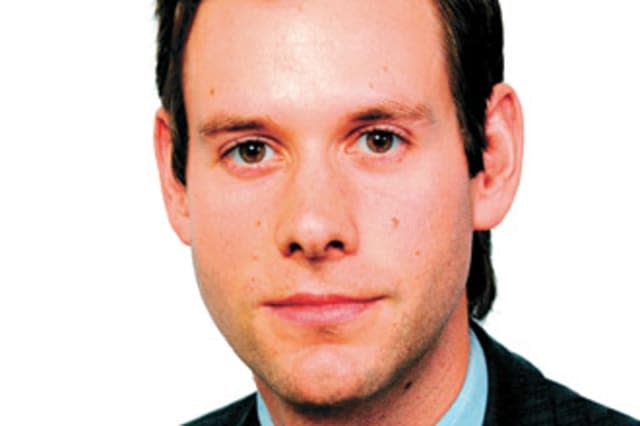Hedge fund manager cleans up from Brexit vote

One hedge fund manager who betted on a Leave result in the referendum has made £110 million from the move.
James Hanbury, 36, manages funds worth £1.1 billion for his clients at Odey Asset Management, and believed that Remain would win, especially after his own private poll indicated that that would be the result.
However, he worked out that, if it did, the pound would remain relatively unchanged - but that it would plummet if the UK voted to leave the EU. It's what's known as an 'asymmetric trade'.
And when sterling crashed at the news of the referendum result, Hanbury cleaned up.
Father of three Hanbury was educated at Harrow and Edinburgh University and, says the Daily Mail, lives in a £3.4 million house in West Kensington.
His performance is being compared to that of George Soros, who bet sterling would fall in 1992 when the UK quit the European Exchange Rate Mechanism. Soros was described as 'the man who broke the Bank of England' at the time.
Other hedge fund managers made big sums out of the referendum by betting on gold. Seen as a safe harbour in times of trouble, gold hit a two-year high of $1,350 per troy ounce on Friday after the referendum result was announced.
Many investors, though, lost big. Most believed that the UK would vote to remain because of the economic destruction that was likely to follow a vote to leave.
In fact, according to the Wall Street Journal, the real winners in the prediction stakes were the computers.
Human investors, it says, bet on the basis of their own common sense. Certain that Remain was the best choice for the UK, they assumed that voters would think the same.
Computers, though, don't make these assumptions. And, says the WSJ, those hedge fund firms known as commodity trading advisors, or CTAs, use customised trading algorithms to spot trends.
So while human investors took note of opinion polls and their own belief that Brexit would be damaging, the computers played it safe and bought up gold and government bonds.
"For a lot of people involved in financial markets, voting for Brexit just seemed like insanity, like mass suicide," says George Loewenstein, a professor at Carnegie Mellon University.
"They simply couldn't or were unable to take the perspective of the people who supported Brexit."





